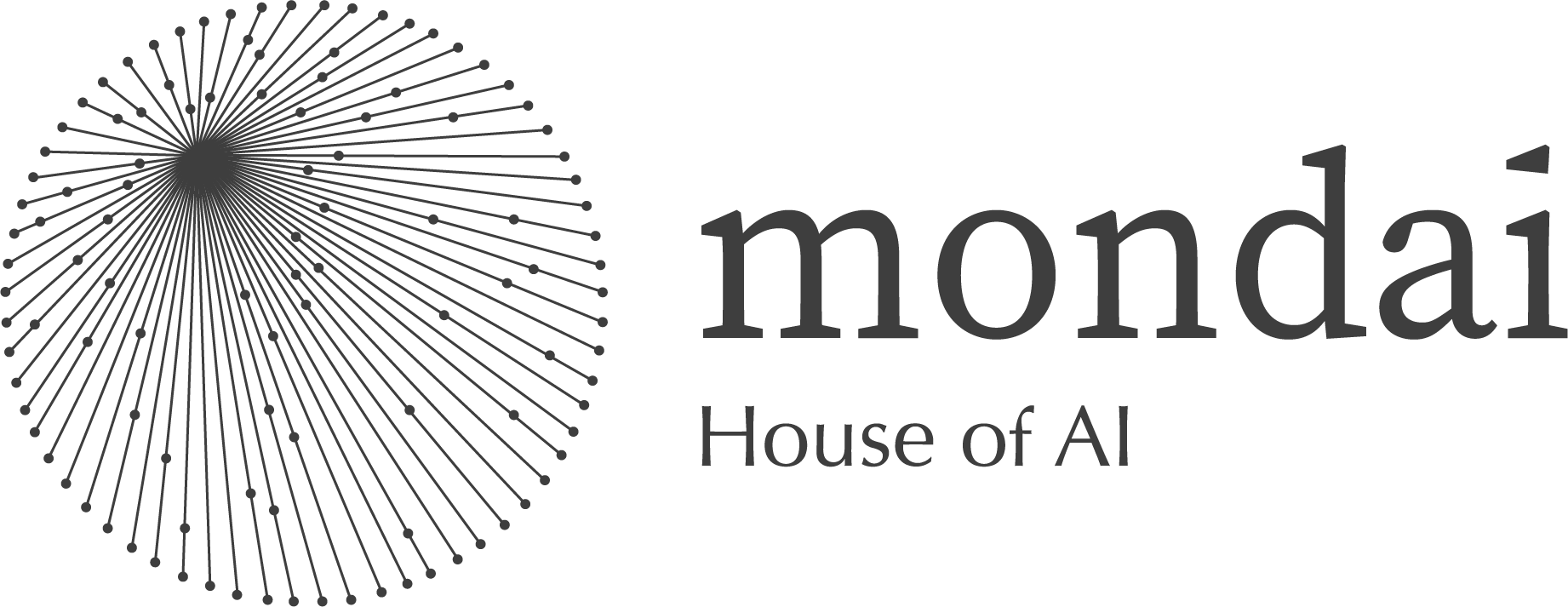
Symposium – Feminist AI: Shaping Ethical Futures
November 19, 2024 - 14:00 - 17:00
Symposium – Feminist AI: Shaping Ethical Futures
Shaping a more inclusive and ethical AI landscape
We are excited to officially launch the Feminist Generative AI Lab through the Symposium “Feminist AI: Shaping Ethical Futures”. Please join the Feminist Generative AI Lab, Mondai | House of AI and Convergence AI, D&D on November 19th.
When – Symposium on November 19th 14.00 – 17.00 and PhD workshop on November 20th in the morning
Where – Mondai | House of AI, Next Delft (TU Delft Campus) and online (More info to come)
What – We explore the intersections of artificial intelligence, ethics, and feminist approaches to technology in a dialogue about the future of AI through a feminist lens. It is a conversation for all genders about less dominant alternatives, bridging binary oppositions, and embracing pluralism and differences in the design and development of AI.
Join us to network, exchange ideas, explore questions on how to adopt feminist theories as a force of change, and collaborate across academia, practice and for a more inclusive and ethical AI landscape!
Programme
13.30 – 14.00 – Arrival and Check-in
14.00 – 14.10 – Welcome & Introduction
14.10 – 15.00 – Keynotes by:
Eleanor Drage, Senior Research Fellow, Leverhulme Centre for the Future of Intelligence, University of Cambridge
Abigail Oppong, Independent Researcher, Ghana
15.00 – 15.15 – Break and refreshments
15.15 – 16.00 – Keynotes by:
Laura Forlano, Professor, College of Art, Media and Design (CAMD), Northeastern University
Joana Varon, Founder Executive Directress, Coding Rights; Tech and Human Rights Fellow, Harvard Kennedy School
16.00 – 16.15 – Break and refreshments
16.15 – 17.00 – Panel discussion + Q&A with audience
Panel Moderator: Sally Wyatt, Professor of Digital Cultures, Faculty of Arts and Social Sciences, Maastricht University
17.00 – 18.00 – Closing remarks, followed by drinks and networking
PhD workshop
November 20th (morning) at Mondai | House of AI, Next Delft at TU Delft campus
The PhD workshop investigates feminist approaches to generative AI by bringing together PhDs and other scholars from various fields to engage in cross- and inter-disciplinary discussions.
Participants will have the opportunity to share their ideas and gain valuable feedback on their projects. More info to come!
Lab Directors
 Dr. Sara Colombo (Co-Director), Assistant Professor in Designing responsible AI at the Faculty of Industrial Design Engineering, TU Delft. Dr. Colombo’s research explores innovative approaches for the ethical design of AI applications and the critical examination of their societal impact. Her work involves engaging communities in envisioning AI futures with an emphasis on inclusivity and a participatory approach.
Dr. Sara Colombo (Co-Director), Assistant Professor in Designing responsible AI at the Faculty of Industrial Design Engineering, TU Delft. Dr. Colombo’s research explores innovative approaches for the ethical design of AI applications and the critical examination of their societal impact. Her work involves engaging communities in envisioning AI futures with an emphasis on inclusivity and a participatory approach.
 Dr. Francisca Grommé (Co-Director), Assistant Professor in Digitalisation in Work and Society at the EUR department of Sociology, and AIPact TopTalent Research fellow. As an ‘ethnographer of data and AI’ she follows these technologies across different domains of work to understand how they affect marginalized groups, social justice, governance arrangements and the quality of work.
Dr. Francisca Grommé (Co-Director), Assistant Professor in Digitalisation in Work and Society at the EUR department of Sociology, and AIPact TopTalent Research fellow. As an ‘ethnographer of data and AI’ she follows these technologies across different domains of work to understand how they affect marginalized groups, social justice, governance arrangements and the quality of work.
The Feminist Generative AI Lab is an initiative of TU Delft and Erasmus University Rotterdam and is funded by Convergence. For more information on the programme or the lab please check Convergence AI, D&D or Mondai | House of AI.


